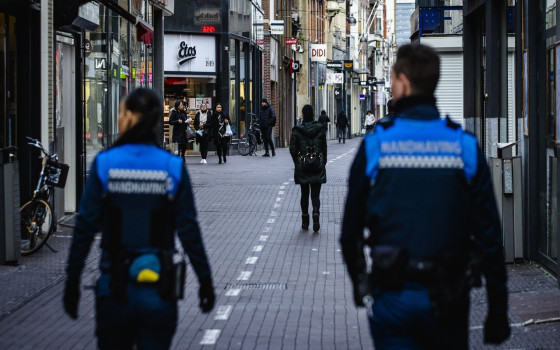
هولندا : تأجيل حظر الحجاب والرموز الدينية الاخرى لضباط انفاذ القانون

- Europe and Arabs
- الثلاثاء , 18 نوفمبر 2025 11:4 ص GMT
لاهاي : اوروبا والعرب
لن يتم تطبيق حظر ارتداء الرموز الدينية على ضباط التحقيق الخاصين (BOAs) في الوقت الذي كان متوقعا مع نهاية العام الحالي ولكن سيستغرق الامر وقتا أطول. ويسعى وزير العدل والأمن، فان أوستن، الآن إلى تنظيم هذا الأمر من خلال تشريع، بناءً على توصية بالغة الأهمية من مجلس الدولة. بحسب ماذكرت قناة " ان او أس " الهولندية على موقعها الاليكتروني ونشرت صورة لعناصر من الشرطة تتجول في الشوارع وامامها فتيات محجبات
واضاف الموقع " انه في نهاية العام الماضي، وعد مجلس الوزراء، الذي ضم آنذاك حزب الحرية وشريكه الحزب الديمقراطي المسيحي ، بتطبيق حظر ارتداء الحجاب والقلنسوات اليهودية (اليارمولك) وغيرها من الرموز الدينية على ضباط التحقيق الخاصين بحلول نهاية عام 2025. وكان من المقرر أن يتم ذلك من خلال مرسوم، يُسمى "أمر المجلس" (AMvB).
ومع ذلك، يُصرّح مجلس الدولة الآن بأن هذا الحظر يؤثر على العديد من الحقوق الأساسية، مثل الحق في المساواة في المعاملة وحرية الدين. لذلك، فإن التوصية هي تنظيم الحظر من خلال تشريع بدلاً من أمر المجلس. وهذا من شأنه أيضًا أن يسمح لمجلسي الشيوخ والنواب بالتصويت على هذه المسألة. مع ذلك، لا يزال مجلسا الشيوخ والنواب بحاجة إلى أغلبية مؤيدة للخطة.
جدل حول الزي الرسمي المحايد منذ سنوات.
يُعدّ اعتماد زي رسمي محايد لضباط إنفاذ القانون موضوع نقاش لسنوات. على سبيل المثال، تسمح بعض البلديات لضباطها بارتداء القلنسوة اليهودية والحجاب، مما أثار استياء نقابة ضباط إنفاذ القانون.
أُدرج حظر الرموز الدينية على ضباط إنفاذ القانون في الاتفاقية العامة لمجلس الوزراء. ولذلك، قرر مجلس الوزراء في نهاية العام الماضي تطبيق الحظر، لأن ذلك من شأنه أن يعزز "الثقة في نزاهتهم وسلوكهم".
وقال الصحفي المقيم في هولندا نورالدين عمراني ان وزارة العدل والأمن الهولندية أعلنت عن تأجيل تنفيذ الحظر المفروض على ارتداء الرموز الدينية لموظفي الإنفاذ - BOA)ً والذي كان مُقررًا نهاية هذا العام.و من الأسباب الرئيسية للتأجيل· انتقاد مجلس الدولة (Raad van State) الذي أشار إلى أنه يتعارض مع حقوق أساسية متعددة، بما في ذلك:
· الحق في المساواة في المعاملة
· حرية ممارسة الدين
· التغيير في الآلية القانونية لذا فقد قررت الوزارة وًبناءً على استشارةً الدولة
- تنظيم هذه المسألة عبر إصدار قانون جديد بدلاً من اللجوء إلى "الإجراءات الإدارية العامة (AMvB)" كما كان مُخططًا له سابقًا.
وأشار الى ان الحكومة الهولندية قد تعهدت العام الماضي بفرض حظر على ارتداء الحجاب والقلنسوة اليهودية (kipa) وغيرها من الرموز الدينية الظاهرة لموظفي الإنفاذ (BOA) مع نهاية عام ٢٠٢٤ .
وً يعكس هذا القرار حرص الحكومة على ضمان توافق التشريعات الجديدة مع الضمانات الدستورية المتعلقة بالحقوق الأساسية للمواطنين. في حين رد المنتقدون لهكذا حصر للرموز الدينية ان الأمر يتعلق بالحجاب خاصةً و بالمسلمين عامةً و هذا ما عبرت عنه الموسسات الدينية التي تسير المساجد بهولندا .



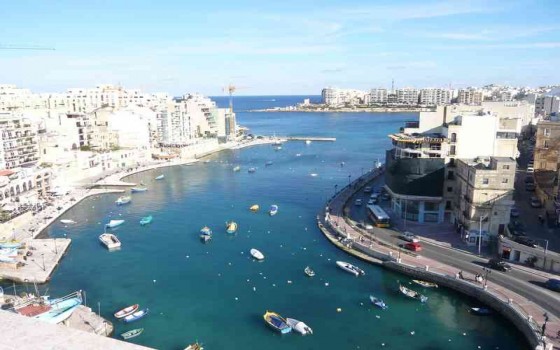



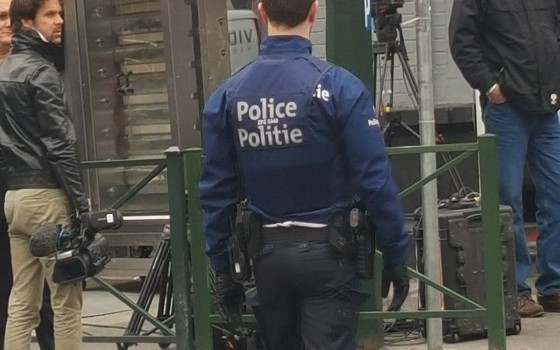
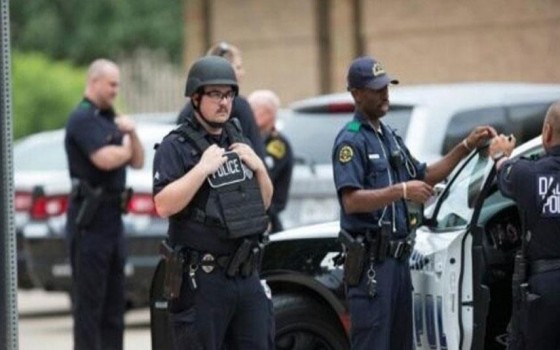
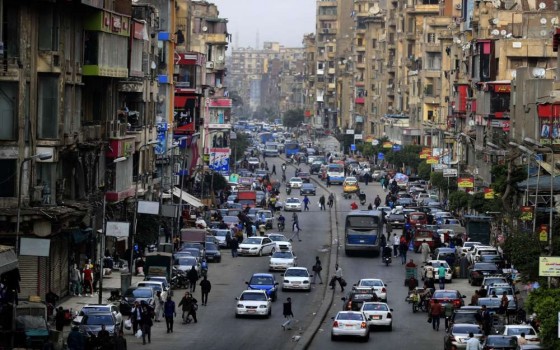
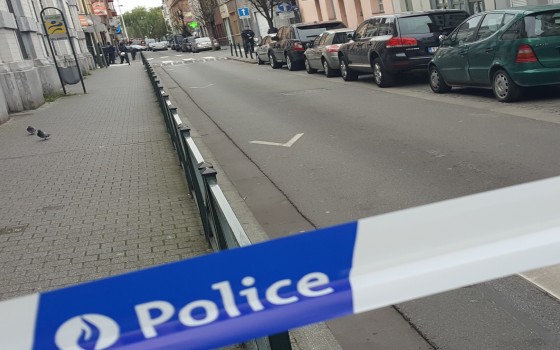

لا يوجد تعليقات